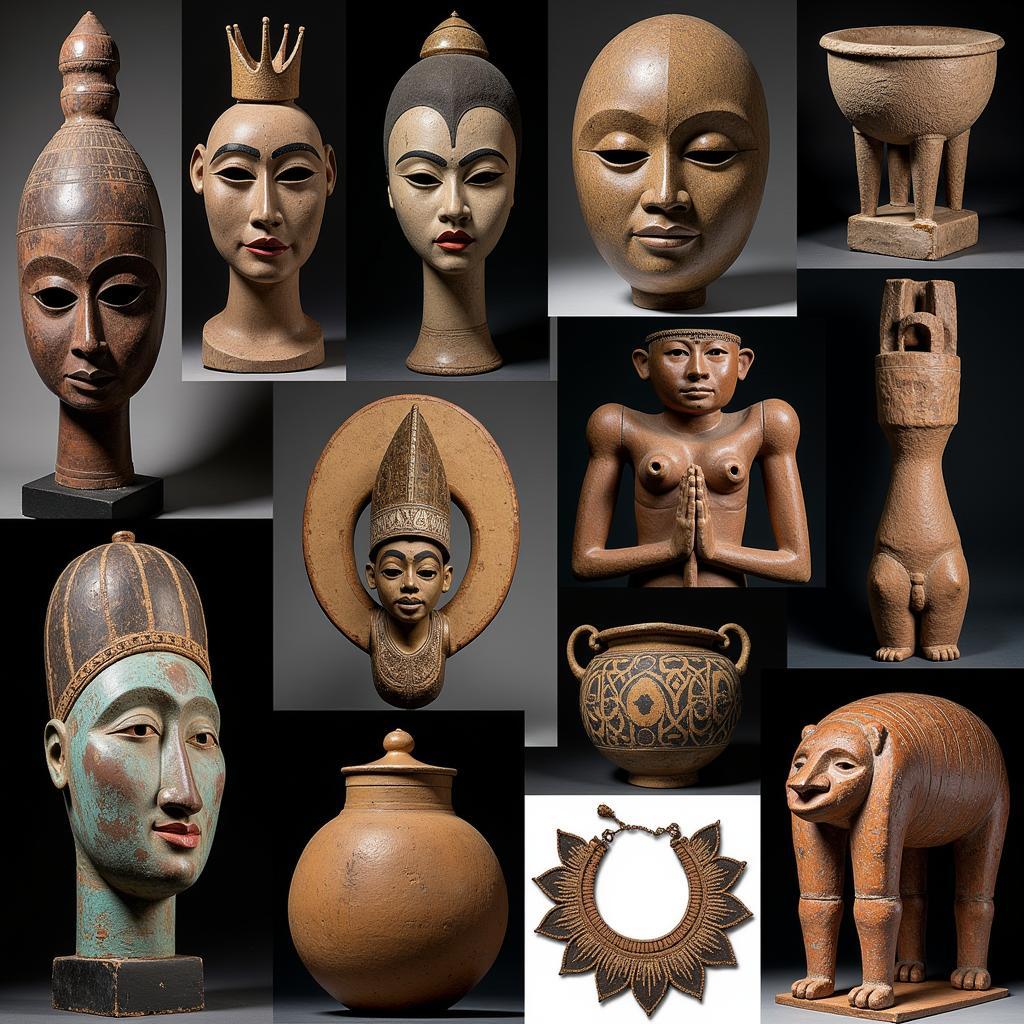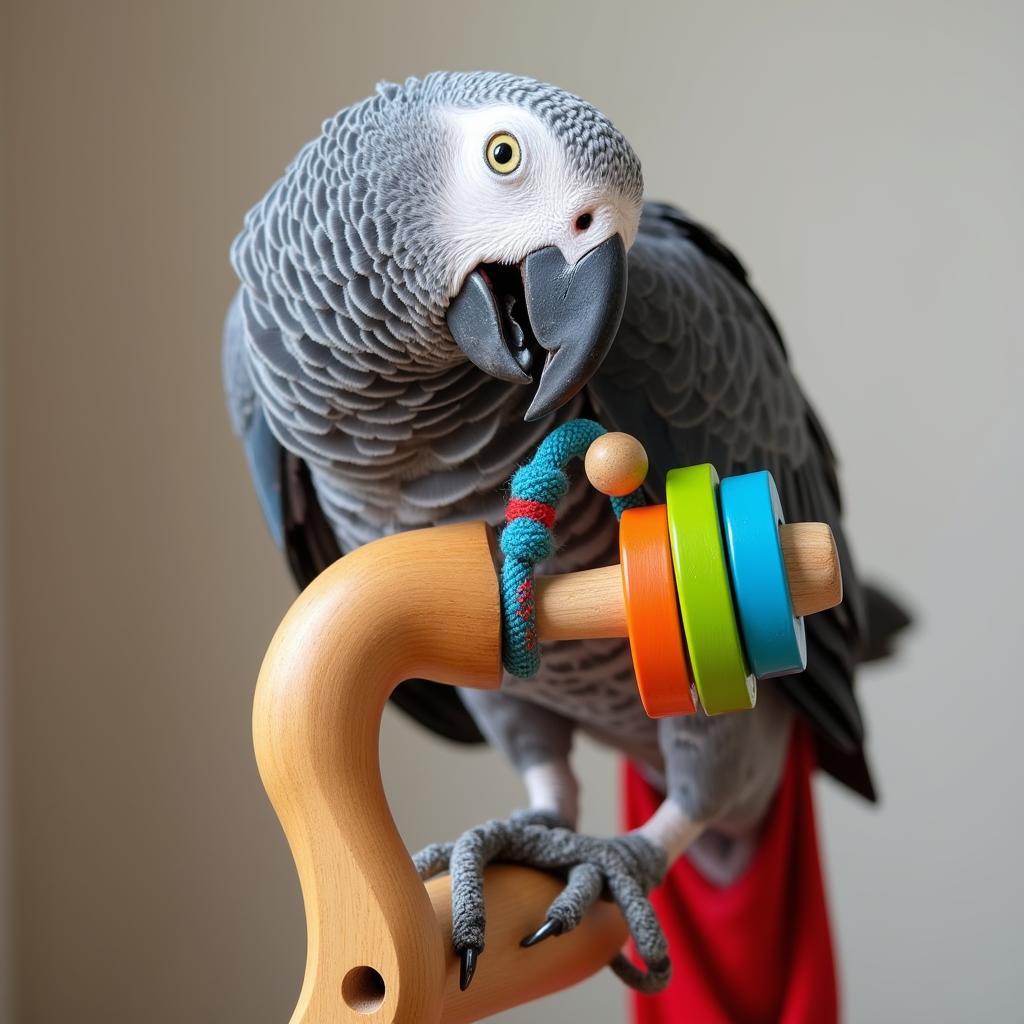African Gray Parrot Adaptations: Nature’s Masterminds
The African gray parrot, a highly intelligent and captivating bird, is renowned for its exceptional vocal abilities and impressive cognitive skills. But beyond its charming personality, the African gray parrot boasts a remarkable array of adaptations that have allowed it to thrive in its diverse African habitat.
Understanding the African Gray Parrot’s Habitat
The African gray parrot, scientifically classified as Psittacus erithacus, is native to a wide range of environments across central and western Africa. From dense rainforests to dry savannas and coastal regions, these parrots have evolved to adapt to different climates, food sources, and predators.
Key Adaptations for Survival
1. Strong Beaks and Feet: African gray parrots are equipped with powerful beaks that are perfectly designed for cracking nuts, seeds, and fruits. Their strong, opposable toes provide a firm grip on branches and enable them to maneuver with agility within their arboreal habitat.
2. Exceptional Intelligence and Problem-Solving: Known as one of the most intelligent bird species, the African gray parrot displays remarkable cognitive abilities. This intelligence is a crucial adaptation for foraging, navigating complex social dynamics, and solving problems.
3. Social Intelligence and Communication: These parrots live in flocks and communicate through a complex system of vocalizations and body language. Their ability to understand and respond to social cues is vital for forming strong bonds, establishing dominance hierarchies, and coordinating group activities.
4. Mimicry and Vocal Learning: African gray parrots are famous for their ability to mimic human speech and various other sounds. This adaptation, known as vocal learning, allows them to communicate with humans, recognize different calls, and even understand simple commands.
5. Camouflage and Cryptic Plumage: Their gray plumage provides excellent camouflage in their natural habitats, blending seamlessly with the trees and foliage, offering protection from predators.
The Role of Diet in Adaptation
The African gray parrot’s diet is incredibly diverse, comprising fruits, nuts, seeds, and even small insects. Their ability to find and consume such a varied range of foods is a testament to their adaptable nature.
“African gray parrots have an incredible ability to adapt their diet based on the availability of resources,” says Dr. Amani Mbogo, a renowned avian researcher at the University of Dar es Salaam. “This flexibility ensures their survival even in environments where food sources may be limited.”
Adapting to Threats and Challenges
African gray parrots face various challenges in their natural habitat, including habitat loss, climate change, and illegal trapping for the pet trade. However, their remarkable adaptations have allowed them to survive and thrive despite these threats.
“Their intelligence, social skills, and ability to adapt to changing environments are essential for their survival,” remarks Dr. Mbogo. “Understanding these adaptations is crucial for developing conservation strategies that protect these amazing creatures.”
Conclusion
The African gray parrot’s remarkable adaptations are a testament to the power of evolution. Their intelligence, problem-solving abilities, and adaptability have allowed them to navigate a diverse range of environments and overcome significant challenges. By studying and appreciating these adaptations, we gain a deeper understanding of the incredible diversity and resilience of nature.
FAQ
Q: Are African gray parrots endangered?
A: While not considered critically endangered, the African gray parrot’s population is facing threats from habitat loss and illegal trapping.
Q: Why are African gray parrots so intelligent?
A: Their large brain size and complex neural structures contribute to their exceptional intelligence.
Q: Can African gray parrots be kept as pets?
A: Yes, but it’s crucial to ensure they are sourced responsibly and provided with proper care and enrichment.
Q: What is the best way to support African gray parrot conservation?
A: Supporting organizations that work to protect their habitat, combat illegal trade, and promote responsible pet ownership can make a significant difference.

